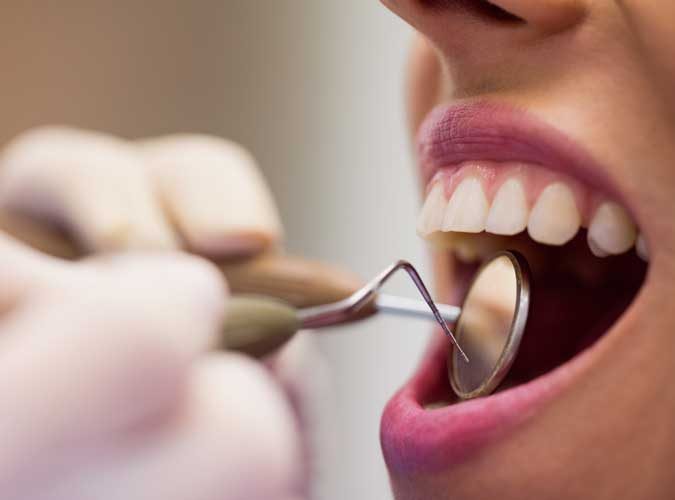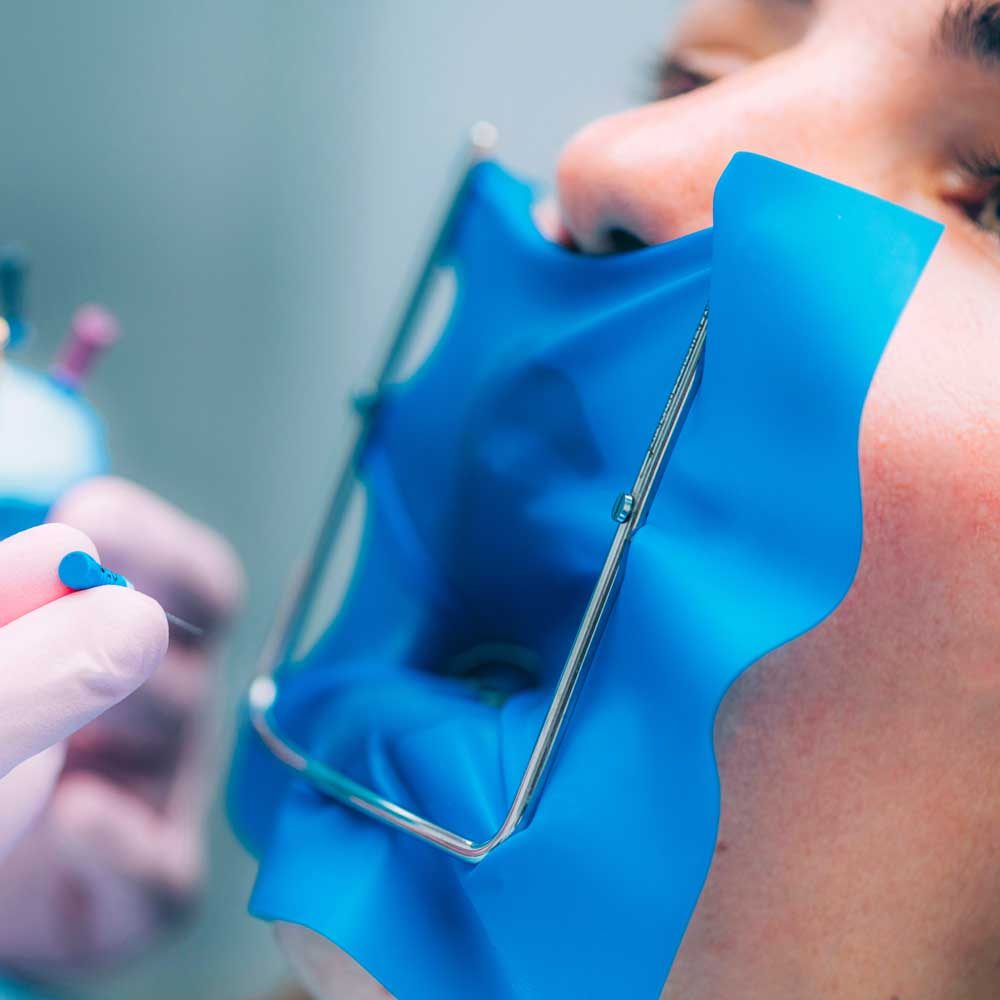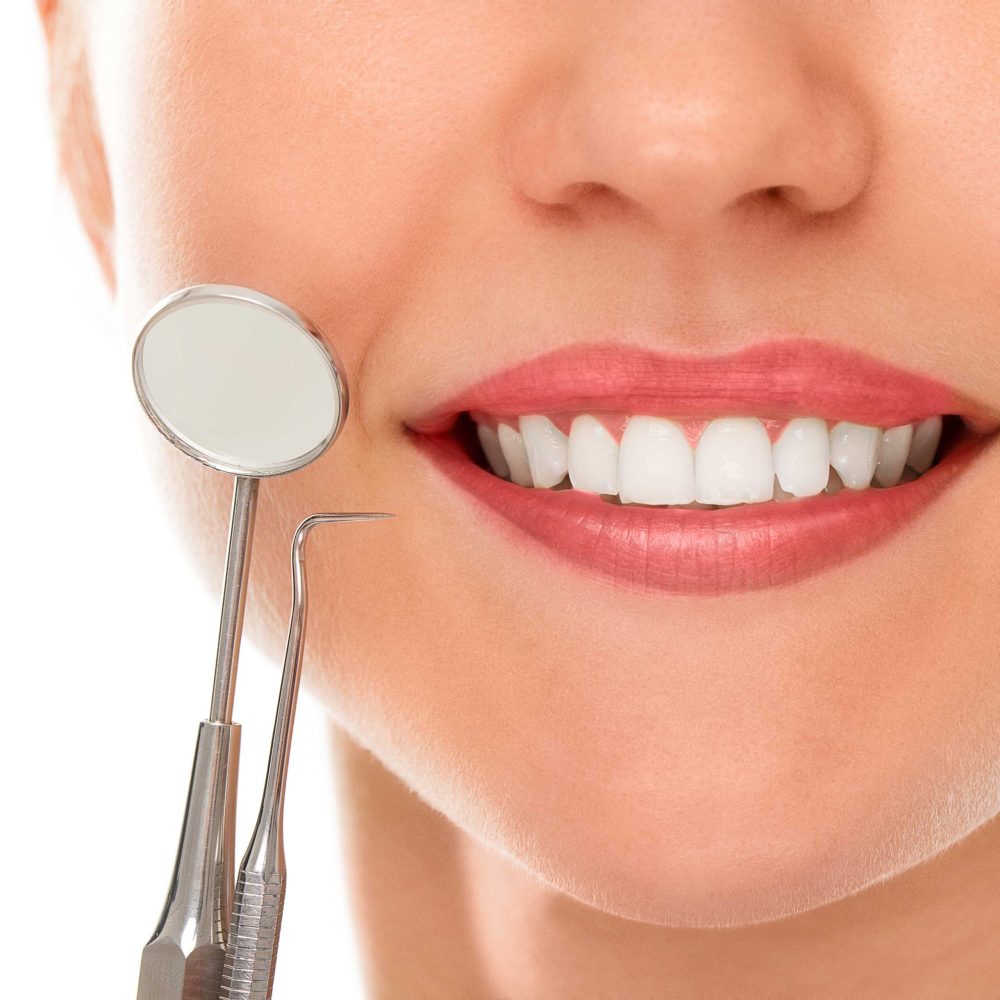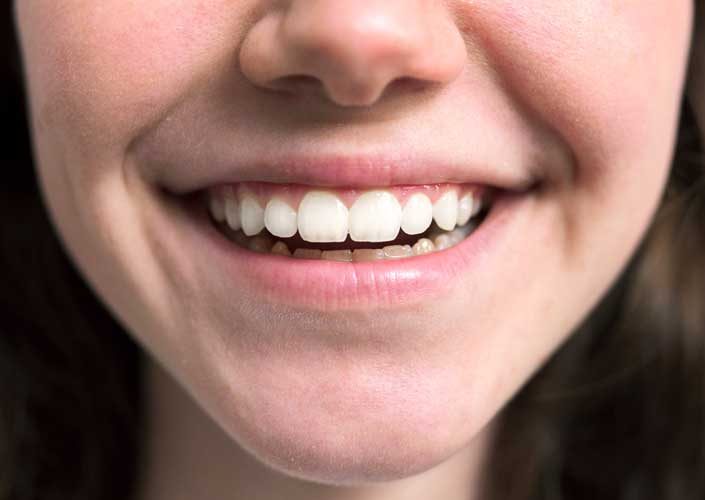Root canal treatment is designed to destroy bacteria from the infected root canal, avert reinfection, and save the natural tooth. The root canal is carried out of the pulp of the tooth. Your endodontic dentist will diagnose the best tooth pulp infection treatment. The procedure might be nonsurgical root canal therapy removed by anti-biotics or surgical, which will be explained below.


A root canal is applied when the soft internal part of a tooth, known as the dental pulp, is wounded or becomes inflamed or infected. The tooth’s crown (the part you can see above your gums) can remain untouched even if the pulp is destroyed. Extracting injured or infected pulp is the most useful method to maintain the tooth’s structure. Common reasons for damage to the pulp include:
The most common signs of the injured pulp include pain in your tooth, a sensation of heat and swelling in your gum. Your Root canal treatment dentist will analyze the painful tooth and take X-rays to confirm the diagnosis. Your dentist might direct you to an endodontist if they consider you need a root canal.




• Continuously brush your teeth two times a day and floss daily.
• Try massaging your gums with your fingers slowly. Brushing your teeth wouldn’t remove the foods in your gums, and massaging take out the remained foods.
• Visit your dentist twice a year for normal checkups and cleans to control the situation of your teeth. Regular care avoids major breakdown.
• If your dentist diagnoses that your teeth are infected, or need a filling or any necessary procedure, immediately book an appointment to do the job. It could hurt other parts of your body. Take it seriously.
Great job! The root canal therapy procedure is completed. With the most demanding part out of the way, you can focus on aftercare and avert other problems down the line. Returning to the routine of brushing twice daily and flossing once is safe. Still, it’s good to be careful around sensitive sites and don’t floss near important sites.
If you’re experiencing little discomfort after your procedure, don’t worry, it’s normal for this to persist for a couple of days. If you feel that you can’t stand the discomfort, take pain relief. For a quick fix, try rinsing your mouth with warm saltwater. Otherwise, your dentist may suggest additional ways.
Avoid smoking at all for a couple of days. Smoking increases the risk of reinfection. Try to eat slight easy-to-chew foods which help your mouth cure faster.

Root canal therapy costs vary widely, but saving the tooth with a root canal is relatively cost-efficient. Our team tries to price affordably for every kind of person to have a healthy dental situation. The other option is extraction; the expense of a bridge or implant to replace the tooth later is usually pricier. Extraction can also lead to many problems like misaligned teeth and difficulty chewing.
Our team’s passion in Desert Rose is to provide a comfortable, easy and painless operation for you. We ensure that we are using the newest methods and techniques to diagnose completely presided. Contact us at Desert Rose at Yonge St., Aurora and book an appointment for your dental root canal treatment today.

The whole procedure would not hurt as your endodontic dentist numbs the site, but after the numbing period finishes, you might sense discomfort, which prescribed medicines will control.
It is varied depending on the complexity and the length of the procedure.
Our Dental Root canal therapy in Aurora has a high success rate, with a reported survival rate of 97%. Retreatment or apical surgery is often suggested when initial root canal treatment fails.
As your root canal therapy dentist numb the whole site, you will not feel any pain during the procedure.
If your dentist diagnoses that the infection can be removed by medicine, root canal therapy would not be necessary.
The alternatives to root canal therapy are varied, endodontic surgery, tooth extraction, dental implants, bridges, dentures, etc.
Unit #1, 15450 Yonge St.
Aurora
ON L4G 0K1